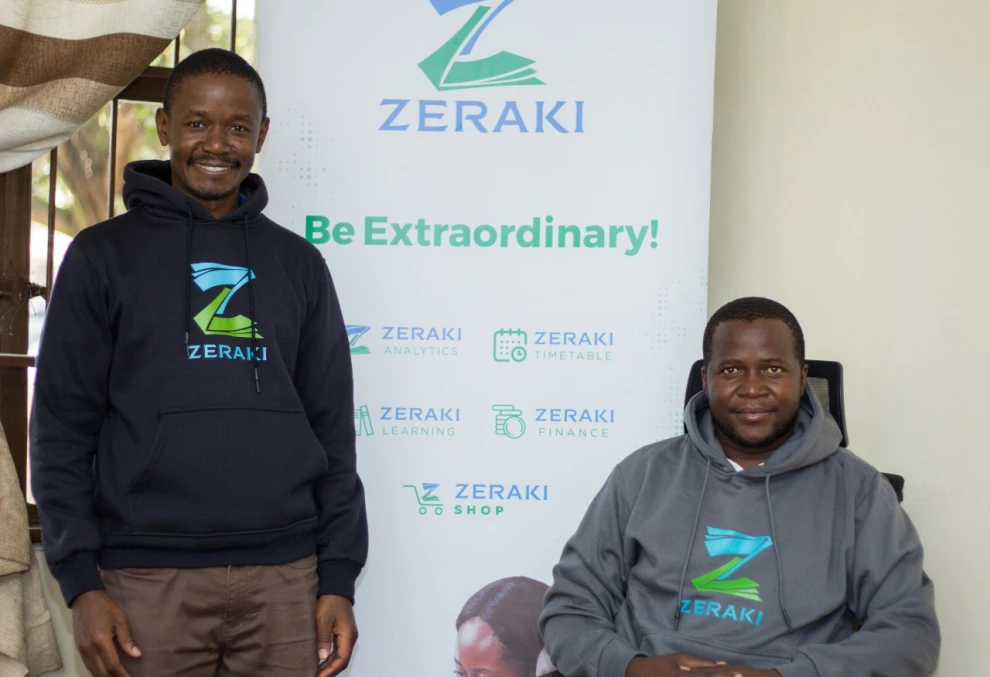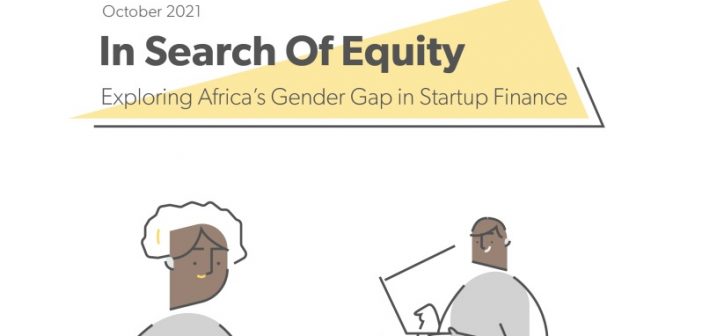Zeraki, Kenyan Edtech Startup Raises $1.8 Million to Facilitate Regional Expansion

Zeraki, a Kenyan educational technology platform that provides digital learning and school data analytics, has raised $1.8 million in early funding to support regional expansion and product catalog growth.
The round was co-founded by Melvyn Lubega, co-founder of the Australian edtech unicorn Go1, and was led by Acumen Fund with participation from Save the Children Impact Investment Fund, Verdant Frontiers Fintech, and Logos Ventures.
In a Techcrunch interview, co-founder and CEO Isaac Nyangolo of Zeraki stated that they were preparing to roll out new administrative tools for schools, such as timetabling software, and to assist parents with fee loans.
In order to provide high school pupils with an interactive digital learning platform that includes quizzes and a performance tracking system, Nyangolo and Erick Oude (COO) co-founded the business in 2014. Additionally, it now offers a feature that enables parents to monitor their children’s academic progress and fee payments as well as a bulk messaging tool for internal and external communication.
By enabling teachers to upload students’ marks via their mobile phones and provide a performance breakdown for each student, subject, or stream, their data analytics technology aids schools in better managing the data of their students.
More than 5,000 schools and 2 million pupils use the data analytics platform, according to Nyangolo. These figures are anticipated to rise once the platform launches in new markets and as more schools use digital solutions to simplify their administrative processes.
“The majority of African nations have not yet fully digitized their educational systems, giving us more room to grow this market. This is a fascinating opportunity because we can provide the groundwork to show nations, schools, and parents how technology can address issues with education, and because we are one of the African firms that has demonstrated that this can be done at scale, he said.
“We intend to develop more school administration solutions as well as payment options for parents. We also tried several items, such as timetabling, and we have refocused on the digital learning platform.
After successfully scaling in its current territories, which include Kenya, Uganda, and Guinea, the edtech is also planning to expand to 10 more areas over the next three years.
“We are starting our expansion in areas with business conditions that are familiar to us. In order to explore the Anglophone region, we first intend to move into the entire East African community, according to Nyangolo.







